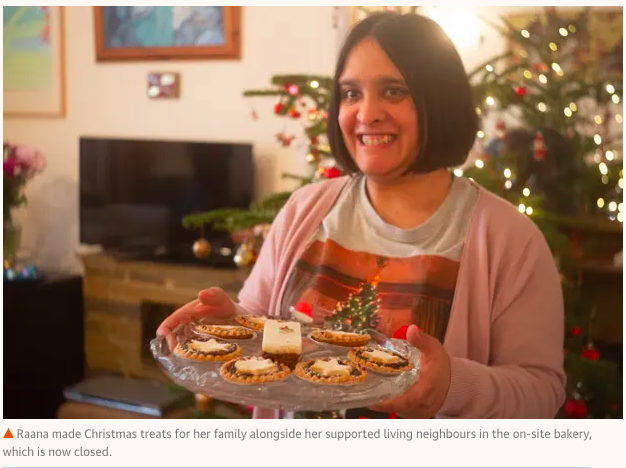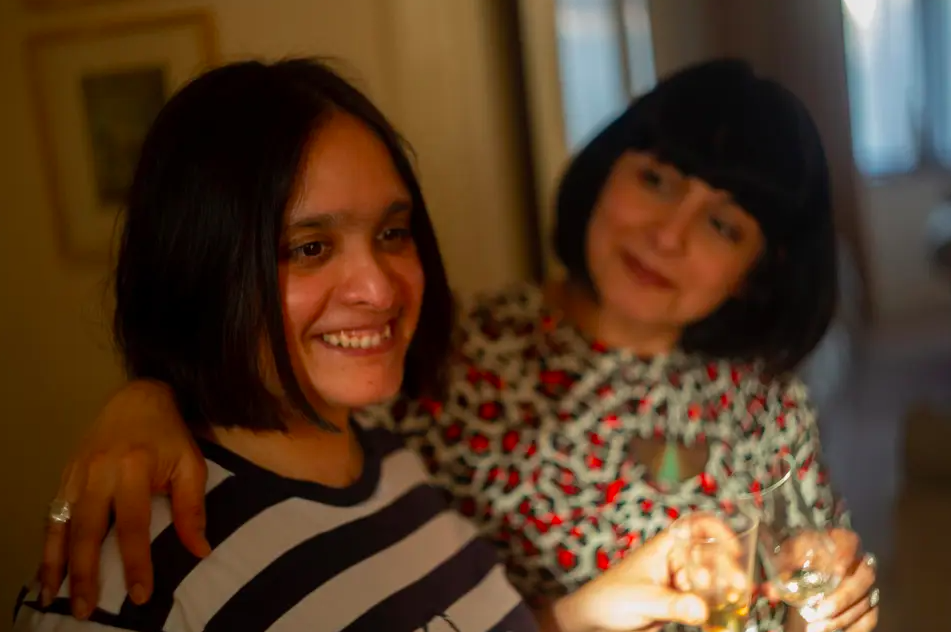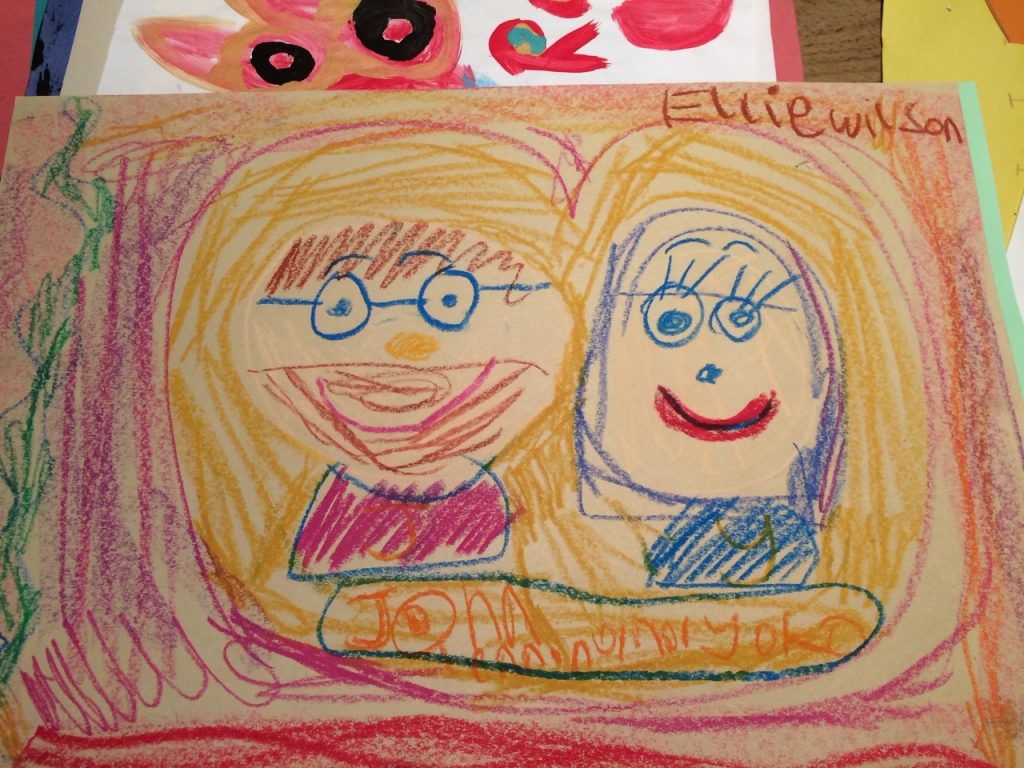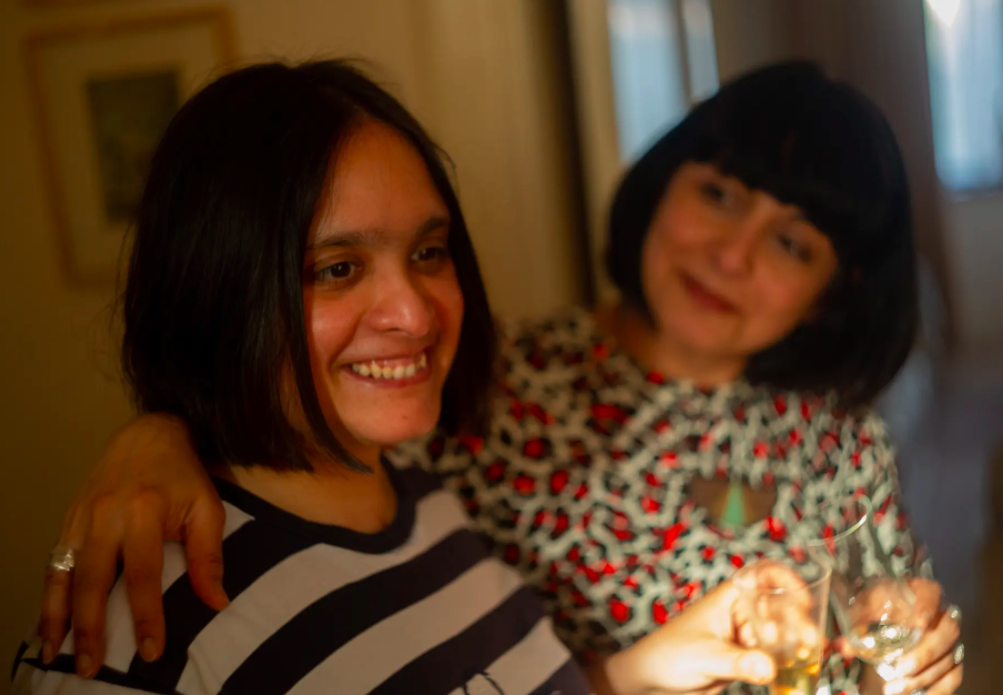A million learning disabled people are eligible to vote in the election on December 12, including my youngest sister, Raana.
But despite better awareness in recent years about accessible polling stations, easy read information and the universal right to vote, the Electoral Commission estimates that one in four learning disabled people aren’t registered to vote.
I’ve been gathering some information for my sister which I thought I’d share on this page (and I’ll update it where relevant):
This is a really good guide on elections and voting by the self-advocacy charity My Life My Choice.
Another helpful resource here – a page of information from campaigning organisation Learning Disability England.
This is a useful guide on voting from the charity Mencap and the Electoral Commission.
There is also this resource on politics and voting from charity United Response . The charity is also creating easy read versions of the manifestos
The Green Party easy read manifesto is here
The Liberal Democrat easy read manifesto is here
The Labour Party’s accessible, easy read manifesto page is here. Labour’s disability manifesto is available here, plus an easy read version.
The Conservative Party’s accessible manifesto can be requested by calling or emailing the party via this page
Links to the general (ie not accessible) manifestos are below. I also checked how many times the parties mention autism and/or learning disability.
Green – Greens don’t mention either.
Labour –Labour mentions learning disability once, autism not at all.
Lib Dem –Lib Dems mention learning disability five times, autism twice.
Tory – Tories mention both twice.
Granted, this is a crude litmus test because other policy areas (like health, social care, education and human rights) clearly impact on the lives of autistic and learning disabled people. Still, I can’t help but hear the words of campaigner Gary Bourlet, from a few years ago, ringing in my ears: “Why is it OK for politicians to ignore people with learning disabilities?”
- This post was updated on Tuesday 3 December to include Labour’s disability manifesto and a new link to request the Conservatives’ accessible manifestos




